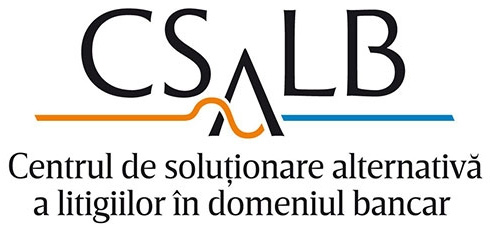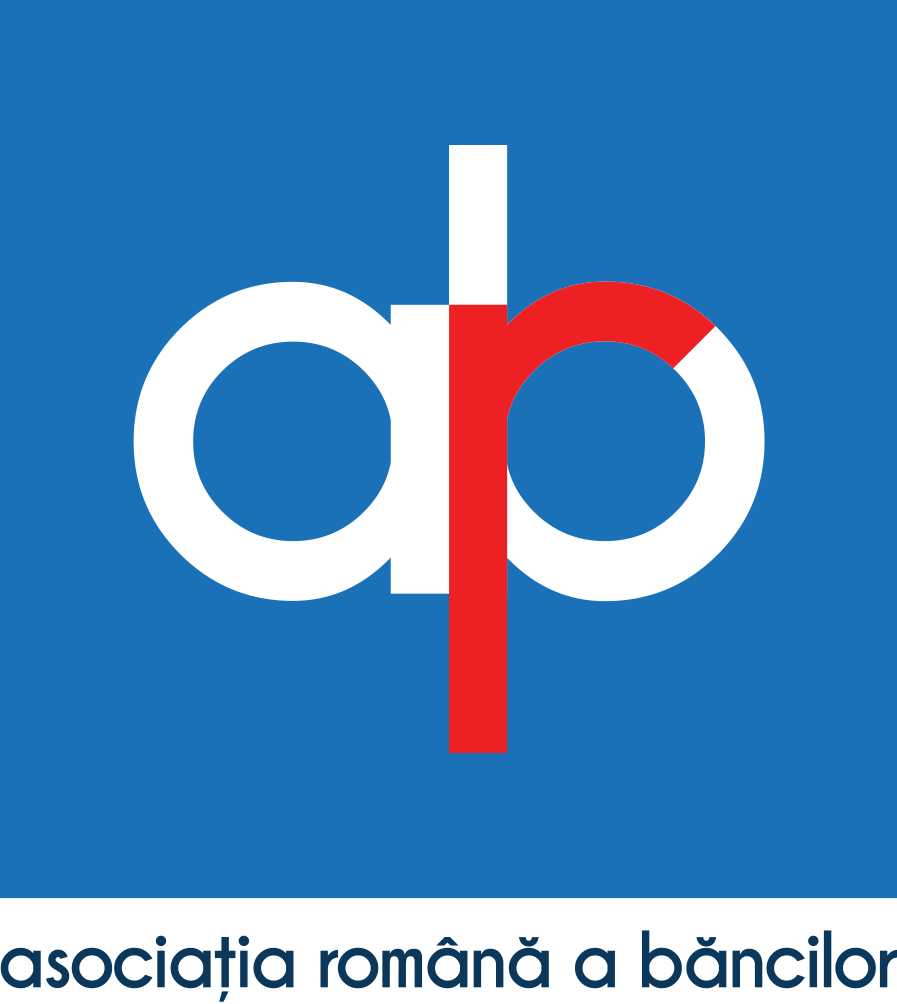Alternative Banking Dispute Resolution Centre (ABDRC)
Center for Alternative Resolution of Disputes in the Banking System
An objective of the long-term strategy determined by the banking industry pertains to improving its reputation and enhancing customers’ trust in the Romanian banking system. The contribution to restoring trust can be done by intensifying communication, by programmes of financial education, by enhancing transparency and by alternative methods for dispute resolution.
We are of the opinion that solving litigation out-of court via the Alternative Banking Dispute Resolution Centre will bring about enhancing consumers’ trust in the banking sector.
An advantageous option for both the consumer and the banking system
Romania provided for the implementation of Directive 11/2013 via Ordinance 38/2015 on alternative dispute resolution between consumers and merchants. This Directive contemplates the creation of a simple mechanism that allows consumers and service providers to have faster, cheaper and easy-to-use mechanisms for dispute resolution, compared to their going to court. Contemplating the complexity of banking and the impact of banking services upon society, the Romanian state has considered necessary for the banking sector to set up this Alternative Banking Dispute Resolution Centre.
Dispute resolution within the CSALB should represent an advantageous option for both the consumer and the banking system.
The consumer can benefit from a free, fair and fast dispute resolution system through CSALB, and the banking system gains a satisfied consumer.
At the same time, and for the banking system, the use of the CSALB solution is advantageous due to the short resolution period, as well as the involvement of lower costs, compared to those related to litigation before the courts.
An organization with a high degree of professionalism
ABDRC’s activity is coordinated by a Coordinating College made up of five members, respectively one representative of the National Authority for Consumer Protection, one of the Romanian Association of Banks, one from the National Bank of Romania, one from consumers’ associations and an independent member chosen by the other four appointed members. Banks do not decide and have no way to decide as long as in the Coordinating College they have only one representative out of five.
Its mission is to solve the disputes between consumers and banks; the resolution action is carried out by persons who are independent in decision-taking, i.e. the conciliators. The Conciliators Body is made up of professionals, independent against the Coordinating College, ABDRC and the parties, conversant in financial and banking law and experienced in dispute resolution.
Therefore, CSALB through its very organizational structure and the conditions of membership of its professional body, aims to represent a body with a high degree of professionalism and impartiality.

Types of alternative dispute resolution procedures
The customer and the bank or non-bank financial institution have the right to choose the type of procedure and also in the situation where the action ends with a proposed solution, the parties can accept it or not. In other words, the two parties can withdraw from the procedure at any time. The proposed solution has a term of acceptance or rejection by the parties of 15 days. Once accepted, the solution becomes binding and enforceable. Free access to justice is not violated. Art. 4 paragraph (5), from OG no. 38/2015 expressly states that "the provisions of this ordinance do not affect the right of individuals to address the competent courts."
In the situation where the parties choose the procedure in which the solution is mandatory, then it is similar to the one in the arbitration court, but simpler and more informal. Thus, a sentence is issued that is final, binding and enforceable and can only be challenged by an action for annulment. The parties may, however, waive the judgment under the conditions established by the procedure. These things are properly explained to consumers before choosing the type of procedure (proposed or imposed).
Information center
Challenges and objectives
In the current legislative context, dominated by frequent and substantial changes in the relationship between consumers and the banking system, alternative dispute resolution represents a valid option and can become a benchmark that can support the parties.
Trust between traders and consumers is the essence of a well-functioning market. CSALB can become the structure within which this trust is strengthened. The CSALB access and solution system is easy and reliable.
The main challenge in ensuring the functionality and efficiency of CSALB is to ensure consumer awareness of CSALB as a valid dispute resolution option. CSALB must become a visible body, recognized as impartial and professional. CSALB's activity should aim to identify it as a valid and effective body for the resolution of disputes, both by consumers and the banking system.
CSALB's role is to facilitate dialogue between consumers and the banking system and to assist them in identifying and agreeing on solutions. Its main objectives are to increase the level of understanding of contracts by consumers and their trust, as well as to create the appropriate framework and according to European regulation, which ensures the early and effective resolution of disputes between consumers and banks.
Our recommendation for clients who have a banking financial dispute and who were not satisfied with the settlement proposals submitted by the banks or IFNs is to approach the Center for Alternative Dispute Resolution in the banking system with confidence. For banks, we recommend openness to the use of alternative dispute resolution procedures. The long-term effects consist in resolving disputes through conciliation/arbitration in a shorter time than in court and at lower costs, relieving the courts and, implicitly, increasing consumer confidence in the banking system.
CSALB headquarters
Municipiul București, Str. Sevastopol, nr. 24, et. 2, Sector 1, cod poștal 10992, România

